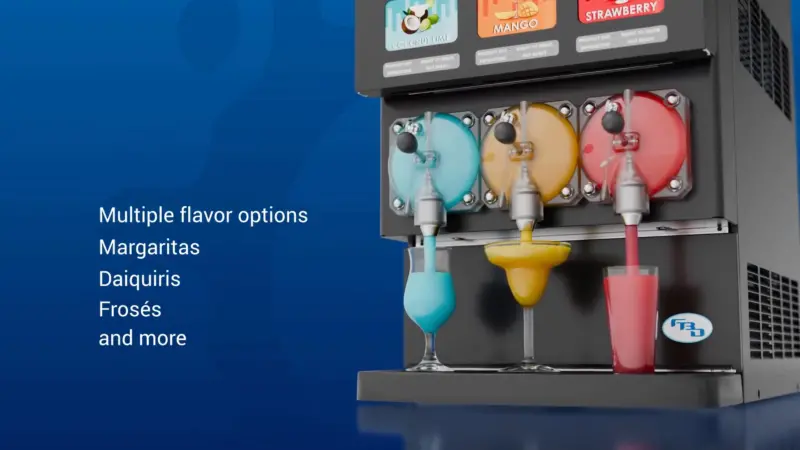A Full Course on How Restaurants Can Maintain Post-Pandemic Business Growth
The COVID-19 pandemic proved to be a major hit to the restaurant industry, which would
see new trends and change it forever. Some of those trends were devastating while there
were others that helped improve the success of some businesses, per Forbes. But in
managing the new growth that a lot of restaurant owners saw, they also had to shift how
they approached doing business for long-term success.
What were some of the ways these restaurants improved their business and maintained
their growth? How can they continue to see gains?
On the newest episode of “The Main Course,” Barbara Castiglia interviewed the founder
and CEO of Full Course, Lauren Fernandez, on the current issues facing the restaurant
market and industry, and how the pandemic played a major role in a lot of management and
business shifts as of late.
Fernandez launched Full Course at the start of 2021. As the creator of a business designed
to help and teach restaurant owners on having a successful business, she pivoted strictly to
the educational aspect of her mission despite coming in with the idea of investing. During
the height of the pandemic, she determined that an issue of high priority for restaurants was
not to pour more money into their business, but rather to focus on current profits and what
needed to be reduced for improvement.
“When the pandemic hit, I was in the middle of thinking, ‘Okay, how do we launch, how do
we talk about Full Course?’ — it just seemed wrong to talk about investment and growth at
that time. I instead focused on what the market needed,” said Fernandez.
Castiglia and Fernandez also discussed …
● Fernandez’s background and how Full Course aims to change the restaurant
industry
● How the lack of advertising and no marketing can negatively impact the success of a
restaurant
● What restaurant owners should be doing to better know their employees and
subsequently, see beneficial changes in their business
“Over 70 percent of the workforce that’s hourly in restaurants is between the ages of 16 to
34. Demographically and generationally, they just look for different things and I think as an
industry this is the time for us to look inside and really start thinking about why we’re doing
this. If you can get an articulation and a point of view behind why — your purpose and
mission — you will get better alignment from those employees in the end because you got
to create opportunities for them to live that purpose out too,” said Fernandez.
Lauren Fernandez is the founder and CEO of Full Course, a company she founded at the
height of the pandemic. She has more than two decades of experience in business
development and is a graduate of Emory University’s Goizueta Business School.




